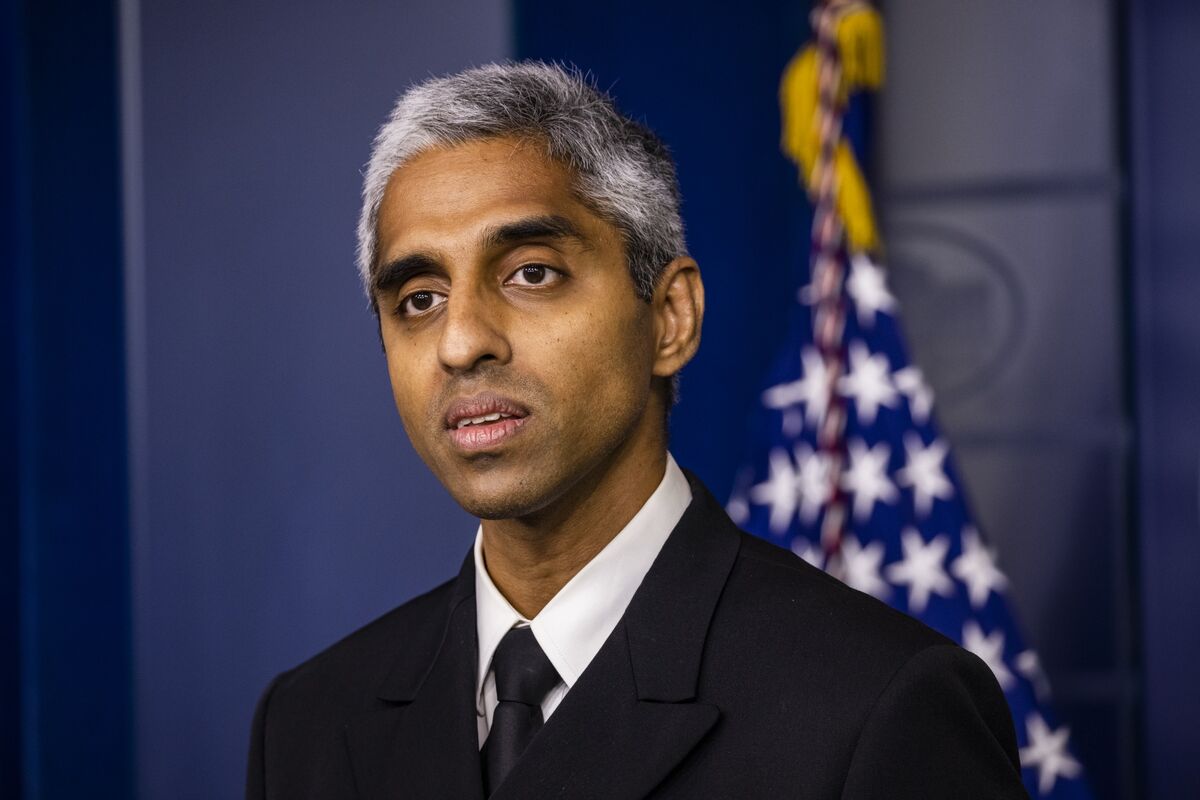In a recent study published in the journal Nature Human Behavior, it has been revealed that social isolation and loneliness significantly increase the risk of premature death.
Concurrently, US Surgeon General Dr. Vivek Murthy released an advisory urging individuals to address the epidemic of loneliness and isolation through a comprehensive “National Strategy to Advance Social Connection.”
The study, a meta-analysis of 90 previous studies involving over 2 million adults, found compelling evidence linking social isolation and loneliness to a 32% higher risk of premature death from any cause.
Additionally, individuals reporting feelings of loneliness faced a 14% increased likelihood of dying prematurely. These findings underscore the profound impact of social disconnection on overall health and longevity.

Dr. Julianne Holt-Lunstad, a psychology and neuroscience professor at Brigham Young University, expressed the significance of these findings, stating, “This research gives us even greater confidence in understanding the importance of social isolation and loneliness as independent risk factors for premature death.”
The study differentiates between social isolation and loneliness, defining the former as an objective lack of contact with others, often characterized by a limited social network or living alone.
Loneliness, on the other hand, refers to the subjective distress individuals feel when their actual social relationships fail to meet their desired level of connection or intimacy.
According to Professor Anthony Ong from Cornell University, loneliness and social isolation can be viewed as forms of chronic stress that adversely affect the body, potentially through the release of stress hormones.
Read also: Dating a less attractive man could be the key to your happiness in life, Unbelievable
Dr. Murthy’s advisory aligns with these findings, emphasizing the vital role of social connection in our lives.
The framework for the National Strategy to Advance Social Connection centers around six pillars aimed at fostering meaningful connections:
- Strengthening Social Infrastructure: By boosting community programs, policies, and physical elements like libraries and green spaces, the goal is to ensure equitable access to social infrastructure for all groups, including those at risk of social disconnection.
- Pro-Connection Public Policies: Governments and institutions are urged to adopt policies that recognize the impact of connectivity, with a focus on reducing disparities in connection across all sectors of society.
- Role of Public Health and Healthcare Delivery Systems: Dr. Murthy calls for increased investment in educating healthcare providers about the benefits of social connection and the risks of disconnection. Tracking disconnection prevalence and promoting local solutions are also vital.
- Reforming Digital Environments: Recognizing the influence of technology, the framework emphasizes the need for transparency from tech firms and the establishment of safety standards. The development of pro-connection technology is encouraged to create healthy social interactions.
- Deepening Knowledge: Stakeholders are urged to collaborate on research to better understand the driving forces behind connection and disconnection. Consistent measurement and data analysis will lead to more effective strategies.
- Cultivating a Culture of Connection: The final pillar highlights the importance of fostering a culture that values kindness, respect, service, and commitment to one another. Institutions are encouraged to model and demonstrate these values.

Dr. Murthy’s advisory concludes with suggestions for specific groups, including individuals, parents, and caregivers, to advance social connection. Public health strategies and increased awareness are essential, along with interventions supported by family members and community networks.
The study’s findings and Dr. Murthy’s advisory serve as a wake-up call to address the profound impact of social isolation and loneliness on overall well-being.
Read also: Surprising, Study Reveals that Most Monkeys are Bisexual
By implementing the proposed National Strategy to Advance Social Connection, individuals, communities, and institutions can work together to build healthier, more connected lives.
Subscribe to Switch TV
















